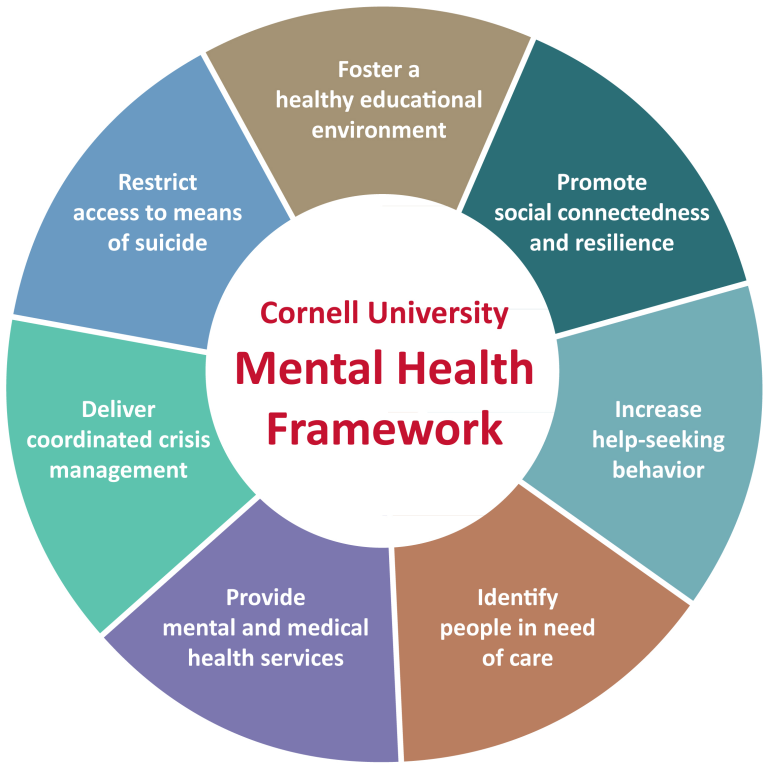Improving Mental Healthcare: Addressing Urgent Needs And Systemic Issues

Table of Contents
The Urgent Need for Increased Access to Mental Healthcare Services
Many individuals face significant barriers to accessing vital mental healthcare services. These obstacles often stem from geographic limitations, financial constraints, and the persistent stigma surrounding mental illness. Addressing these urgent needs is paramount to improving mental healthcare for all.
Geographic Barriers and Resource Distribution
Many communities, particularly rural and underserved areas, suffer from a critical shortage of mental health professionals and facilities. This disparity in resource distribution creates significant challenges for individuals seeking care.
- Limited availability of psychiatrists, psychologists, and therapists: The sheer lack of qualified professionals in many regions means long wait times and limited treatment options.
- Lack of transportation options to access existing services: For those in rural areas or without reliable transportation, even if services exist, they may be inaccessible.
- Insufficient funding for community-based mental health programs: Underfunded community programs limit the reach and effectiveness of vital mental health support networks.
- Digital divide limits access to telehealth options: While telehealth offers promise, unequal access to reliable internet and technology prevents many from utilizing these services. This digital divide exacerbates existing inequalities in mental healthcare access.
Affordability and Insurance Coverage
The high cost of mental healthcare presents a significant barrier for many, especially those without adequate insurance coverage. This financial burden often leads to delayed or forgone treatment.
- High cost of therapy sessions and medication: The price of therapy, medication management, and other mental health services can be prohibitive for many individuals and families.
- Inadequate insurance coverage for mental health services: Many insurance plans offer limited coverage for mental health services, leaving individuals with substantial out-of-pocket expenses.
- Long wait times for appointments, even with insurance: Even with insurance, long wait times can delay treatment and worsen symptoms, highlighting the need for increased capacity within the system.
- Lack of affordable mental health options for low-income individuals: Affordable and accessible options for low-income individuals and families are desperately needed.
The Stigma Surrounding Mental Illness
The persistent stigma surrounding mental illness remains a major obstacle to seeking help. This stigma discourages individuals from seeking help, leading to delayed treatment and worsening symptoms.
- Fear of judgment and discrimination: The fear of negative societal perceptions and discrimination can prevent individuals from disclosing their mental health struggles.
- Societal misconceptions and misinformation about mental health: Misconceptions and misinformation contribute to negative stereotypes and fuel the stigma.
- Lack of open conversations about mental health in families and communities: Open communication about mental health is crucial to reducing stigma and fostering support.
- Negative portrayal of mental illness in media: Media portrayals can perpetuate harmful stereotypes and reinforce stigma.
Addressing Systemic Issues in Mental Healthcare
Beyond access issues, systemic problems within the mental healthcare system need to be addressed to truly improve mental healthcare. These problems include a lack of integration with physical healthcare, insufficient funding, and a need for policy reform.
Lack of Integration with Physical Healthcare
Mental and physical health are intrinsically linked, yet there's often a lack of integration between the two healthcare systems. This lack of holistic care hinders effective treatment.
- Insufficient training for primary care physicians to screen and address mental health concerns: Primary care physicians are often the first point of contact, and enhanced training would allow for earlier identification and intervention.
- Limited referral pathways between physical and mental healthcare providers: Seamless referral processes are essential to facilitate timely access to specialized mental health care.
- Lack of coordination between different healthcare settings: Improved coordination between hospitals, clinics, and community-based services ensures comprehensive and continuous care.
Insufficient Funding and Investment
Inadequate funding for research, training, and treatment programs significantly hampers the effectiveness of mental healthcare systems. Increased investment is crucial to improving mental healthcare.
- Underfunded public mental health programs: Public mental health programs often face severe budget constraints, limiting their ability to provide adequate services.
- Insufficient research funding for new treatments and prevention strategies: More research is needed to develop innovative and effective treatments and preventive measures.
- Lack of investment in mental health workforce development: Investing in the training and development of mental health professionals is vital to meet the growing demand for services.
Need for Policy Reform and Advocacy
Effective policy changes are crucial for improving mental healthcare access, affordability, and quality. Advocacy efforts are essential to drive these changes.
- Expanding insurance coverage to include comprehensive mental health benefits: Expanding coverage ensures that individuals can afford necessary mental healthcare.
- Increasing funding for mental health research and programs: Increased funding is vital for research, training, and program development.
- Implementing policies to reduce the stigma surrounding mental illness: Policies promoting mental health awareness and education are critical in reducing stigma.
- Promoting mental health awareness campaigns: Public awareness campaigns raise awareness, reduce stigma, and encourage help-seeking behaviors.
Conclusion
Improving mental healthcare requires a multifaceted approach tackling both urgent needs and systemic issues. By increasing access to services, reducing stigma, integrating mental and physical healthcare, and advocating for policy reform, we can create a more equitable and supportive system. We must prioritize improving mental healthcare through increased funding, comprehensive training for healthcare professionals, and community-based initiatives promoting mental well-being. Let's work together to build a future where everyone has access to the mental healthcare they need and deserve. Join the movement to improve mental healthcare in your community today!

Featured Posts
-
 Tulsas Winter Weather Response 66 Salt Trucks Keep Roads Clear
May 02, 2025
Tulsas Winter Weather Response 66 Salt Trucks Keep Roads Clear
May 02, 2025 -
 Sabrina Carpenter In Fortnite Release Date And Time
May 02, 2025
Sabrina Carpenter In Fortnite Release Date And Time
May 02, 2025 -
 Momo Watanabe Holds Onto Tbs Championship Despite Mercedes Mones Request
May 02, 2025
Momo Watanabe Holds Onto Tbs Championship Despite Mercedes Mones Request
May 02, 2025 -
 Tuerkiye Avrupa Is Birligi Gelecege Yoenelik Adimlar
May 02, 2025
Tuerkiye Avrupa Is Birligi Gelecege Yoenelik Adimlar
May 02, 2025 -
 Great Yarmouths Rupert Lowe Row A Community Speaks Out
May 02, 2025
Great Yarmouths Rupert Lowe Row A Community Speaks Out
May 02, 2025
